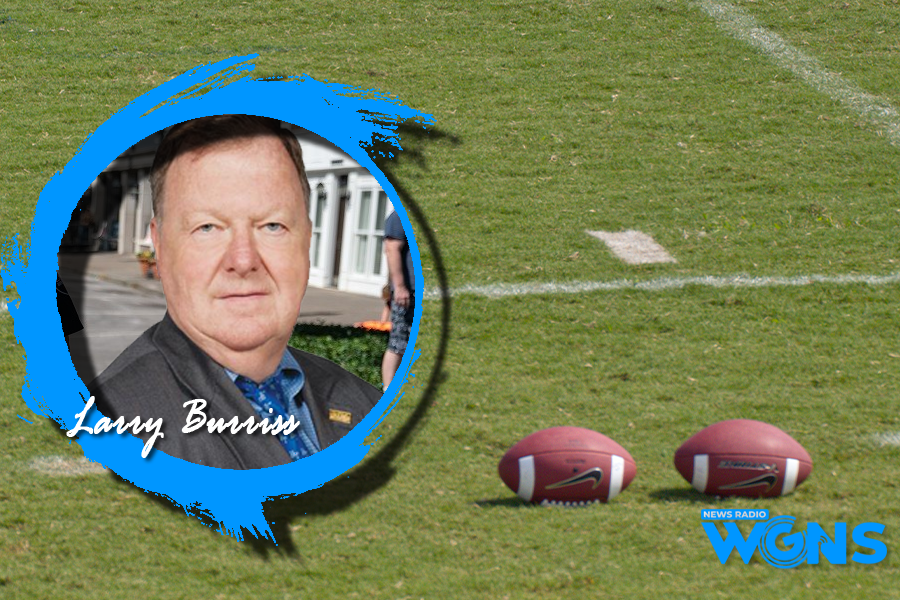This year's Super Bowl will be on Sunday, February 13, 2022. The Los Angeles Rams will take on the Cincinnati Bengals at the SoFi Stadium in Inglewood, California.
Scheduled entertainment for this year's game, outside of the actual sport of football of course, will be Dr. Dre, Snoop Dogg, Eminem, Mary J. Blige, and Kendrick Lamar.
Scroll down for more on Larry Burriss and today's commentary...
Continued...
Verbatim of Commentary: “How many times have we said, “The only thing certain is change”? And in the super-hyped world of the upcoming Super Bowl, it seems change is a constant.
Television coverage was certainly different. Because the two leagues used two different networks, CBS and NBC, both networks were allowed to broadcast the game. Each network paid $1 million for the broadcast rights.
Selling commercials is, of course, how networks recoup their costs. Today commercials cost millions of dollars for a mere 30 seconds. In 1967, commercials cost between $75,000 and $85,000 for a full minute.
The two-network arrangement also led to at least one glitch: during half time an NBC interview with Bob Hope ran long, and the network was still in a commercial break when the Packers kicked off to the Chiefs to start the second half, which meant half the country missed the play. Alert officials whistled the play dead and forced Green Bay to kick off a second time, much to the displeasure of coach Vince Lombardi.
NFL rules at the time required games be blacked out in the local area, meaning some 15-million viewers within 75 miles of Los Angeles could not get the game on television.
Nevertheless, there were some 30,000 empty seats in Los Angeles Memorial Coliseum, which might have been expected, since premium-seat tickets cost $12.
Think you might want to watch an original broadcast version of the first Super Bowl? Good luck. There is apparently no complete copy of the game, although a composite of the 145 plays from more than 20 sources overlayed with the original broadcast audio was created in 2016. The film has apparently not been released by the NFL.
It’s often said, the more things change, the more they stay the same. In the case of the Super Bowl, the more things change, the more they change. I’m Larry Burriss.”
About Dr. Burriss
Larry Burriss, professor of journalism, teaches introductory and media law courses. At the graduate level he teaches quantitative research methods and media law. He holds degrees from The Ohio State University (B.A. in broadcast journalism, M.A. in journalism), the University of Oklahoma (M.A. in human relations), Ohio University (Ph.D. in journalism) and Concord Law School (J.D.). He has worked in print and broadcast news and public relations, and has published extensively in both academic and popular publications. He has won first place in the Tennessee Associated Press Radio Contest nine times. Dr. Burriss' publications and presentations include studies of presidential press conferences, NASA photography, radio news, legal issues related to adolescent use of social networking sites, legal research, and Middle Earth.
Dr. Burriss has served as director of the School of Journalism, dean of the College of Mass Communication and president of the MTSU Faculty Senate. He was appointed by Gov. Phil Bredesen to serve on the Tennessee Board of Regents. He was a lieutenant colonel in the U.S. Air Force and served on active duty in Mali, Somalia, Bosnia, Central America, Europe and the Pentagon.






